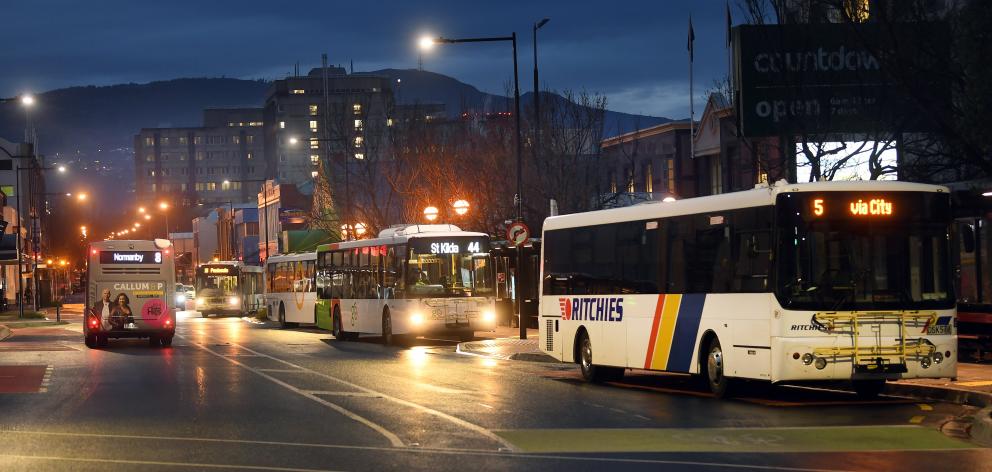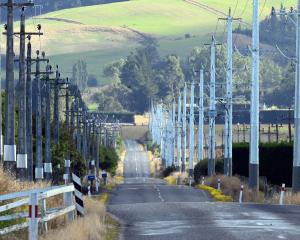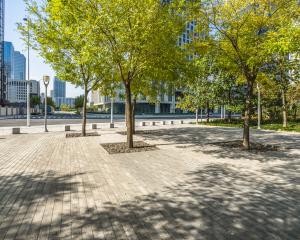
The Dunedin City Council is adding EVs to its own fleet, there are plans for an electric book bus and work is being done on an inner city circuit for an electric passenger bus, as part of a multimodal reset.
Infrastructure services general manager Simon Drew says its integrated transport strategy has had the council heading in that direction for some years now; perhaps initially driven by the likes of road safety concerns, it has nevertheless involved a renewed focus on lower-carbon transport options.
We've witnessed five decades when all investment for transport has been in cars and roads, he says, which will take a couple of decades to unwind.
The building blocks being put in place in Dunedin include separated cycleways and working with the Otago Regional Council and NZ Transport Agency on the "Connecting Dunedin" project, to improve integration between different parts of the network. The new bus hub is one early outcome.
"So we are working our way, preparing the building blocks so that other modes, public transport and cycles and pedestrians have the same kind of space and safety that their vehicle counterparts have always had," Drew says.

The council has resolved that all business as usual activities should be interrogated to identify potential carbon savings.
"Normally, we would rip up a road and just put back what was there," Drew says.
But it might very well be that like for like is not in fact the best approach for the future.
"There has to be a paradigm shift so there are other transport choices," he says.
That's all consistent with, or ahead of, a proposed new national policy statement on urban development, recently released by the Government for consultation. It has a strong transport strand that is all about shifting away from private-car-based systems.
For example, the statement suggests removing the requirement for new developments to come with so many parking spaces, instead encouraging public and active transport options.
Central government's 2018 Government Policy Statement on transport was also overhauled to take a more multimodal approach.
In its latest iteration, the environment is now a "supporting strategic priority", alongside safety and access.
The emphasis on safety includes "increased investment in footpaths and cycleways". While the access strand takes in the importance of minimising greenhouse gas emissions.
There is a lot of money at stake. Central Government's transport budget for the current year is $5.7billion. The largest share of that is the National Land Transport Programme, which accounts for $3.7billion. Walking and cycling are to get just $55million of that.
Writing on the Greater Auckland website, Heidi O'Callahan makes the point that given the need to cut emissions, and our road toll, a much larger proportion of that sum should go towards low-carbon options.
Failure to do so locks future generations into outdated and expensive networks and the carbon-related costs that go with them.
She quotes Ministry for the Environment figures showing the cost to the country of either cutting carbon or offsetting it will be between $14billion and $36billion from 2021-2030, and will rise rapidly after that.
Dunedin transport spokeswoman for Generation Zero, the organisation that led the charge for a Zero Carbon Act in this country, Jenny Coatham, says the future needs something different.
"We need more shared spaces, more cycleways, better public transport. Better urban design will also be critical. Building infrastructure primarily for cars will blow the carbon budget, irrespective of whether the cars that use it are electric or not. And it will induce further congestion; parking problems will be exacerbated; we will lose public health opportunities; and it will entrench poor socio-economic outcomes for the most vulnerable in our city."












